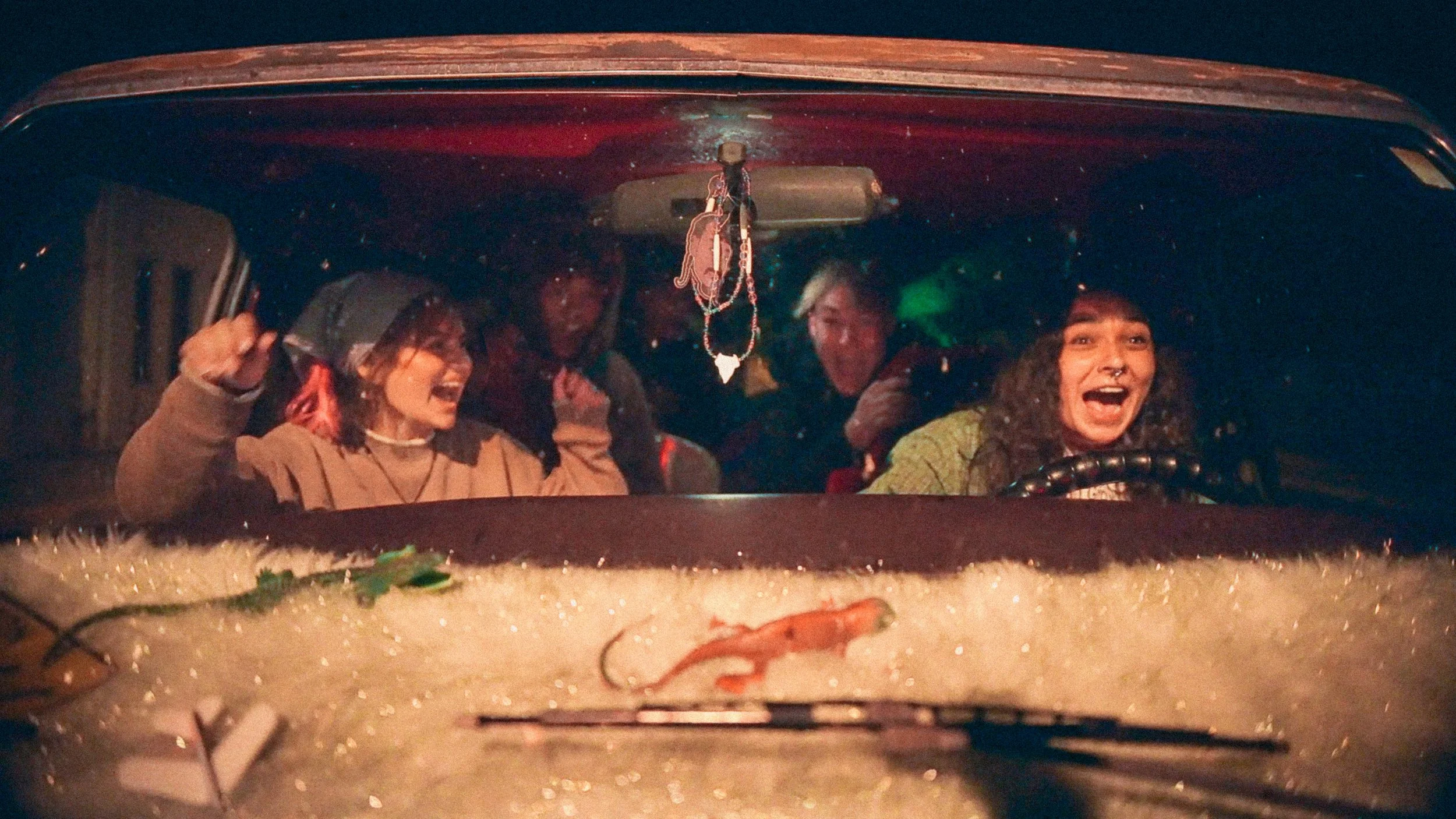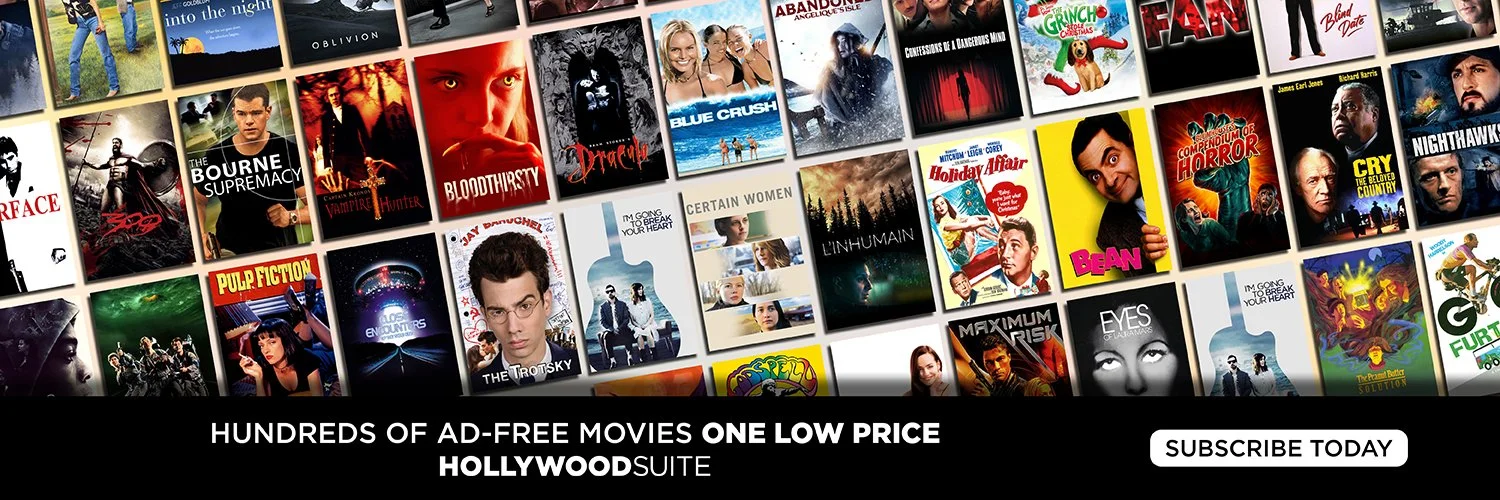Gasoline Rainbow: 'Docu-fiction' Gen-Z Road Trip Clings to a Kinder, Gentler American Vibe
By Liam Lacey
Rating: B+
“I’m in the middle without any plans,” sang Alice Cooper in I’m Eighteen, which could be the motto for the docu-fiction film, Gasoline Rainbow.
An oblique coming-of-age tale, Gasoline Rainbow follows a group of teens on a 500-mile post-high school road trip in a battered van from a podunk Oregon town to the Pacific Ocean, which they have never seen. In making the film, the filmmaking team of Bill Ross IV and Turner Ross (Bloody Nose, Empty Pockets) presented preplanned real situations to their cast of five non-professional actors who improvised the dialogue.
The five — cast as a few of the misfits from the graduating class of the same high school — are introduced through glimpses of their student IDs. There’s Tony Aburto, Micah Bunch, Nichole Dukes, Nathaly Garcia and Makai Garza. Together, they are seeking “one last fun adventure we can all do together,” before they settle down to real life and jobs.
So, they hit the road, listening to music, getting high and meeting various strangers on their journey.
The resulting film has the loose, empathetic vibe of a Gus Van Sant film, a chronicle of the mundane and the lyrical, with a few glory shots of sunsets and Pacific Northwest vistas. There are bits of voice-over audio interviews that have the echoes of generational therapy speak (“I want to be myself, I want to be accepted. I want to be loved for who I am.”).
These are filtered in with the conversation in the van. The kids play songs, from Sweet Child of Mine to Big Poppa and discuss the merits of Bruno Mars and Enya.
The group is conflict-free: Nobody is trying to be the alpha dog, there’s no sexual tension, no one spends time ignoring the others and staring at their phones. Serious subjects arise naturally in conversation, about families, racism, the deportation of relatives, substance abuse and fears of climate change, along with the looming prospect of future careers.
There are a few practical problems in the journey as well, that arise like obstacles in a choose-your-own-adventure-game: A hitchhiker invites them to a bonfire party with strangers. Is that a good idea? Sure, so they go to the party and the pot and beer flow and they hear about an event on the coast called The Party at the End of the World.
We see someone holding hands and later everyone sleeps in a field. In the morning, they discover that the van’s tires have been stolen and they’re stranded. But not for long.
Friendly tattooed strangers show them how to jump an empty box car in a freight train like Depression-era hobos, which seems improbable (nearly all cars are sealed these day). And it seems stupidly dangerous, though we know this isn’t actually a documentary and it’s unlikely anyone is going to be crushed under the wheels.
Afterwards, they visit one of their older cousins in Portland, who puts everyone up, feeds them breakfast and takes them on a speed boat ride.
In another era, in a more dramatic coming-of-age story, we would expect something life-changing, possibly terrible to happen.
But Gasoline Rainbow remains gentle, optimistic and free-flowing. It’s a vision of America that is almost banal in its lack of menace, an alternative kind of docu-fiction that belies the angry drama of the daily news.
Gasoline Rainbow. Directed by Bill Ross IV and Turner Ross. Stars Tony Aburto, Micah Bunch, Nichole Dukes, Nathaly Garcia, and Makai Garza. Gasoline Rainbow plays at Vancouver’s VIFF Centre on May 30 and is available on the streaming site MUBI from May 31.



